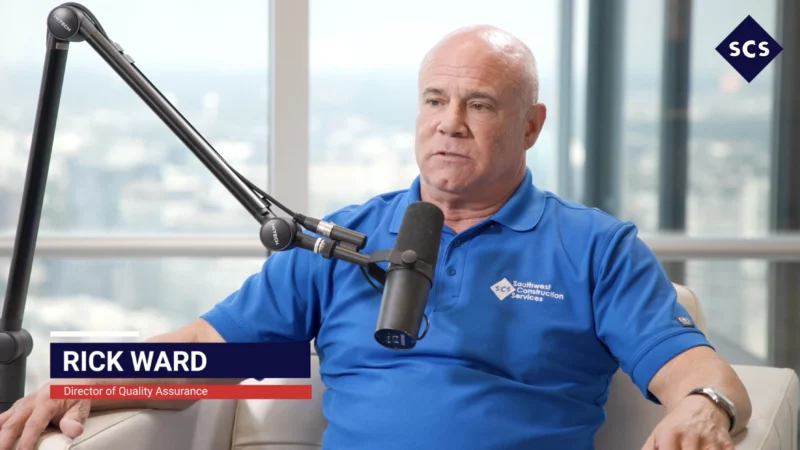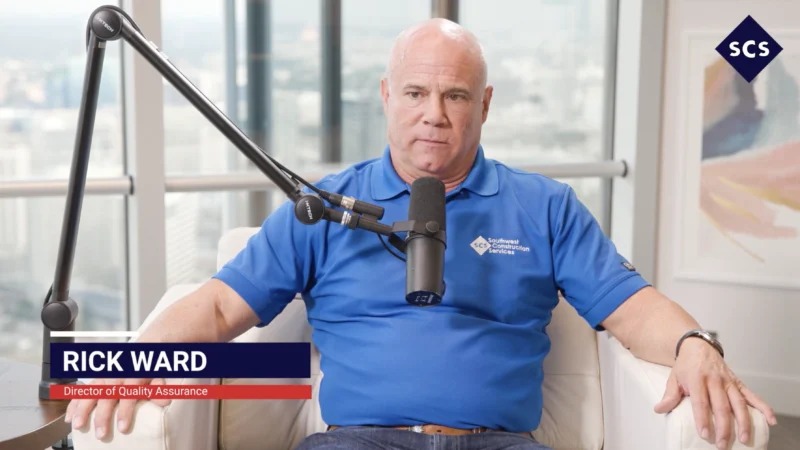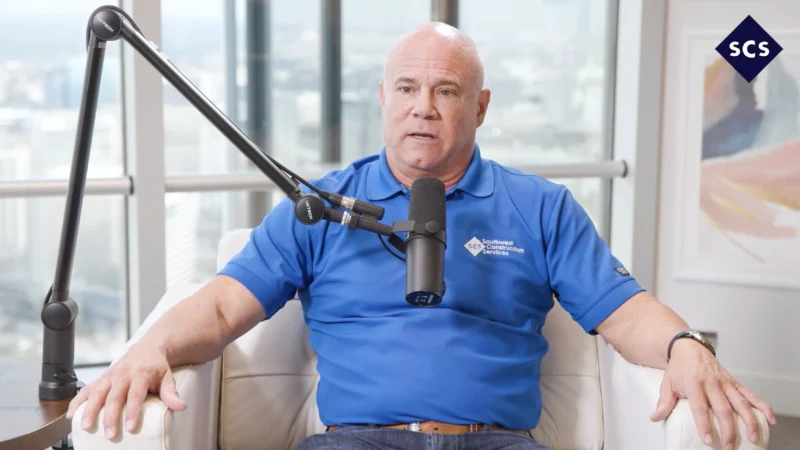Deconstruction: The Comprehensive Role for Quality Control in Project Planning and Implementation
Jon Herring, the Quality Control Director at VCC, joins Gabrielle Bejarano in this episode to discuss the role of quality control at VCC and how substitutions in supplies create complications. The VCC’s Total Quality Management (TQM) department starts by assessing risk on jobs. TQM ensures the plan is in place and its key players understand their responsibility. Once construction begins, the team is on the ground to ensure that what was agreed is happening. Herring said, “TQM is a real-time feedback loop of understanding the consequences of decisions.”
Battling with a shortage of supplies has forced VCC into more flexibility. Herring recalled, “No substitution policy, we don’t like to offer alternatives historically, but these days that’s not possible. Owners are demanding it, and designers need it.” Without substitutions, there are significant delays in building and supplier costs and lead times are rising. Project execution times have increased. It is expected that these trends will continue.
Due to the changing landscape, projects experience many iterations. “They have to have a design that works based on the materials available,” said Herring. Materials change, and designs are reworked. “Owners have a lot of options still, but it’s a matter of timing and price they’re willing to pay,” noted Herring.
TQM’s role has become more complex with the changes in the supply market. Each time a substitute is introduced, the product has to be thoroughly understood so that future impact and consequences can be considered. Herring said, “Every product is slightly different. Vetting products each and every time…Paying attention to the implications of the changes is the key.” To learn more about VCC, visit vccusa.com.



